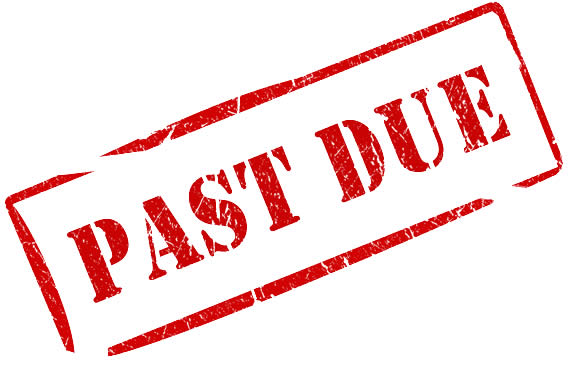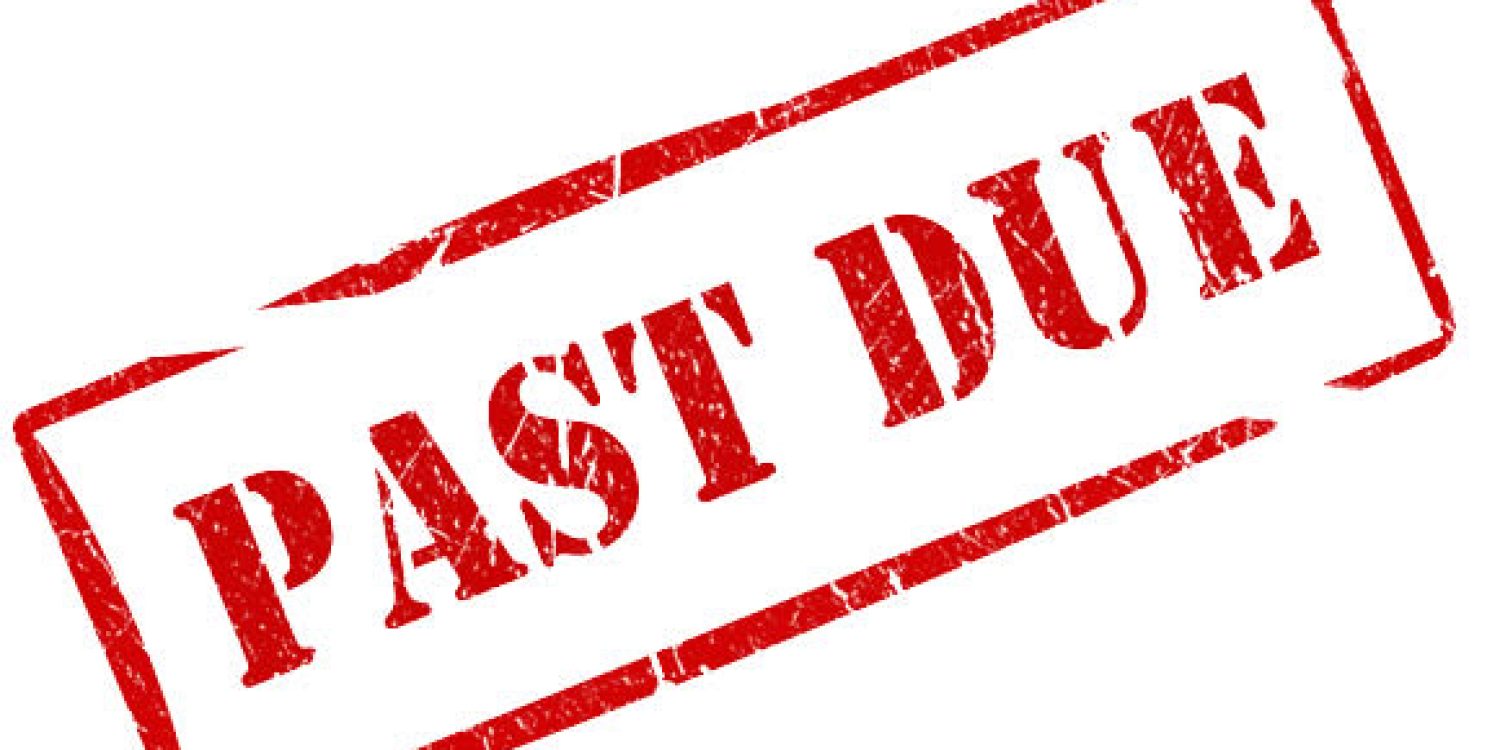One issue that comes up a lot when it comes to debt collection is the concept of time-barred debt. These debts consist of money that was borrowed or lent out that the borrower is no longer legally obligated to pay because too many years have passed since they defaulted on the debt. Sometimes these debts are referred to as being beyond the statute of limitations, which refers to their legal status according to each state’s laws regarding how long a creditor has to collect on an old debt before the borrower’s obligation expires.

Some states have as short a period of time as three years, while others may hold a statute of limitations for as long as a decade. A creditor or a debt collector can still attempt to file suit to recover debts outside the statute of limitations, but they would be throwing their filing fees away since the court will throw the case out due to the statute of limitations rules.
Time-barred debt also directly affect business credit as well. Collecting on old debts is a bit of a two-edged sword because it gives the creditor a chance to recover some or all of their unpaid accounts, but it also means that if the borrower/debtor may decide to run the clock on the statute of limitations for your state. Once the debt is time-barred, you no longer possess a legal recourse to recover the debt. Regardless of the amount of time that has passed or value of the debt, you must choose two options.
Option #1 is to attempt to collect the debt yourself in-house via your Accounts
Receivable department. That is going to mean paid time for someone to make contact with the unpaid account holder, arrange a payment plan, and follow up on that plan to ensure the debt is repaid. In other words, you are going to have to spend money to get your money back.
Option #2 is to sell the debt to a third party collection agency for a 15 to 40 percent contingency cost, and naturally, you never see the full amount of the debt repaid since the delinquent account now belongs to the third party collection agency’s to collect from that point on anyway. They will be paid as much as they are able to recover from that borrower/debtor.
Taking the first option means that you are going to take a small loss in paying someone in-house to handle the debt collection for you, but you stand to recover more of the amount owed since you are not paying fees to a third party collection agency.
With Option #2, selling the debt or engaging a third party debt collector resolves your responsibility and time commitment in the matter, but you often recover a lesser amount of the original amount owed. However, less money is still better than no money at all, and not all in-house Accounts Payable personnel are going to make effective debt collectors. A collection agency already has a highly regimented and carefully planned process and protocol in place to recover the debt, and they are more motivated than an accounting employee since a collection agency does not make money on collecting the debt unless it is paid. If you have no internal collections process established, you may be putting a lot of time and effort into recovering debts that end up costing you more in time paid to collect them yourself than you would be selling the delinquent account to a collection agency.
Whatever you decide to do, it is unwise to allow those debts to linger unpaid on your balance sheets every month. Once the statute of limitations is exceeded, no one is going to recover that debt, and any chance you have of successfully compelling a borrower/debtor to repay what they owe via litigation is gone. Whether or not to farm the debt out to a third party right away or attempt to collect the debt yourself is not an easy choice to make. You have to decide if the amount owed is worth trying to recover in-house, or if it worth contacting collection out or selling the debt. After all, you can only sell that debt for so long before no one wants to buy it or take a collection contract out on it since it is too close to becoming a time-barred debt.
Ultimately, you need to carefully consider what is your best option for collecting on unpaid debts, and make a call sooner rather than later. Contracting with a reliable third party agency on a contingency basis for when your accounts lapse in payments for too long is generally a solid plan. You want to make sure that you are getting the best possible rates on those fees, and don’t hesitate to ask if there are any benefits or discounts to handing of collection sooner rather than later. Regardless of what you decide, the underlying necessity is recovering as much of the debt as possible to mitigate your losses and get back to more important business. Make sure you make the call that allows you to do just that.
Commercial Collection Topics
- Restarting the Clock on an Old Debt As discussed in previous articles, creditors seeking to collect on old accounts that are long past due must collect within...
- What is next after account goes past due? So what does it mean when your debt goes into the hands of a collection agency. When the past due...
- Statute of Limitations on Debt Collection What Does “Statute of Limitations” Mean in the Context of Debt Collection? The statute of limitations is the time period...
- Options and Accounts Receivable What an option is and how to settle (close) the transaction. Comment about using accounts receivables to buy an option....







